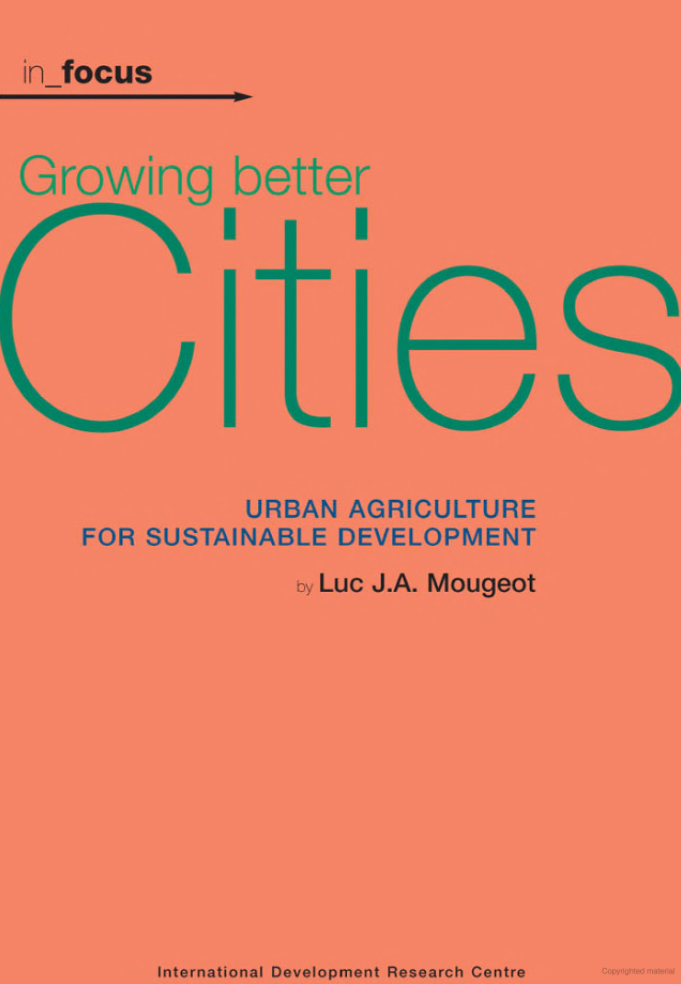About IDRC
A Crown corporation, we support leading thinkers who advance knowledge and solve practical development problems. We provide the resources, advice, and training they need to implement and share their solutions with those who need them most. In short, IDRC increases opportunities—and makes a real difference in people’s lives.
Working with our development partners, we multiply the impact of our investment and bring innovations to more people in more countries around the world. We offer fellowships and awards to nurture a new generation of development leaders.
What we do
IDRC funds research in developing countries to create lasting change on a large scale.
To make knowledge a tool for addressing pressing challenges, we
- provide developing-country researchers financial resources, advice, and training to help them find solutions to local problems.
- encourage knowledge sharing with policymakers, researchers, and communities around the world.
- foster new talent by offering fellowships and awards.
- strive to get new knowledge into the hands of those who can use it.
In doing so, we contribute to Canada’s foreign policy, complementing the work of Global Affairs Canada, and other government departments and agencies.
Resources
Displaying 166 - 170 of 324Wetland uses / dynamics for agricultural purposes and its health implications in lower Ogun river basin, Lagos, Nigeria : a technical report
The wetlands around the estuaries of Ogun River and its environs in Ikorodu/Kosofe areas of Lagos State remain unprotected. 60 per cent of Lagos metropolis was originally natural wetlands. This study tackles the quantification of land use/landcover (especially wetlands), causes, land use dynamics and the health implications through direct observations using remote sensing, surveys, disease vector studies, nutritional supply studies and GIS modelling within an ecosystem approach.
From gray to green : replanting hope in Africa's highlands [Arabic version]
In Uganda’s Kabale district, too many people had been trying to make a living from too little land. Because of overpopulation and exhaustion of the soil by intense cultivation, the area had gone into decline. Then, researchers and farmers — supported by the International Development Research Centre — joined forces to revitalize the region.
Reasons for neglect of residential land issues in Navliwadi, Maharastra, India
Towards the end of this assessment process, participants decided to present a land petition at the village assembly and with officials of the revenue department, in an attempt to broaden their network of support and draw attention to their rights. The focus of the assessment was neglect of government officials and elected representatives. Participants also recognized that gaps in information and communication related to the Katkari’s legal rights as residents of tribal lands, worsen the situation by keeping from public view illegal advantages held by wealthy landowners.
Maps, not guns, resolve resource conflicts in Cambodia : researchers and villagers create a new model for resource policy in defending traditional land rights
Uncontrolled development was threatening to destroy the forest environment
and the traditional way of life of the hill people of Ratanakiri. Researchers
worked with the villagers to produce unique maps and resource use plans
that convinced the government of the people’s traditional resource use and
management rights, and eventually set an example for inclusion in new land
tenure legislation for the nation.
Growing better cities
The United Nations predicts that over the next 25 years nearly all population growth will be in the cities of the developing world. At current rates, 60% of the world’s total population will live in cities by 2030. As the cities grow, so does the number of urban poor. Unemployment, hunger, and malnutrition are commonplace. In the big city, most of any cash income the poor might bring home goes to feeding themselves and staying alive; any food that does not have to be bought is a bonus.







